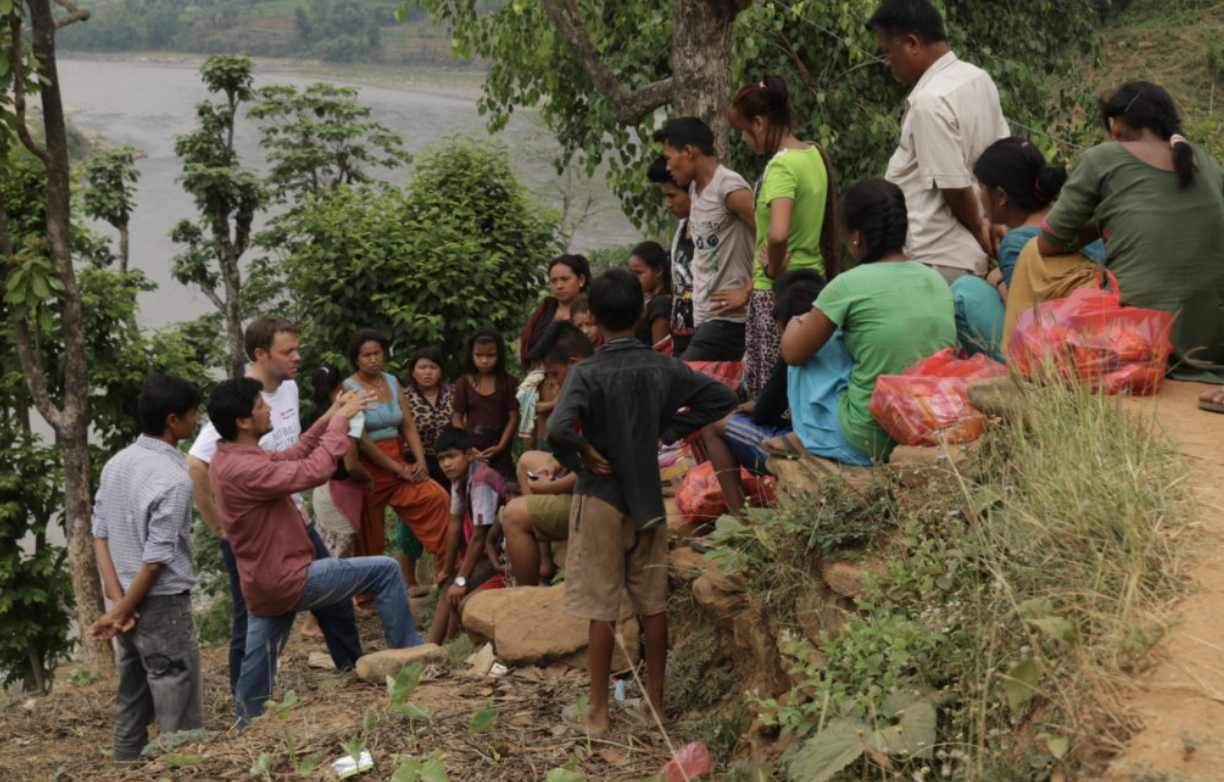NEWS
August 1, 2022

IN BRIEF
Written by Sanjeeta Pant This is the third in a series of reflective blogs that will look at how the agile nature of Accountability Lab’s Civic Action Teams campaign has strengthened our ability to work in diverse communities and expanded our networks and resolution channels. Read the first blog here and the second here. From building the capacity of 150 Community Frontline Associates (CFAs) to collecting data from more than 200,000 people across 17 districts, the Civic Action Teams (CivActs) program has expanded in Nepal to close the feedback loop on a range of issues. These include earthquake response, [...]
SHARE
Written by Sanjeeta Pant
This is the third in a series of reflective blogs that will look at how the agile nature of Accountability Lab’s Civic Action Teams campaign has strengthened our ability to work in diverse communities and expanded our networks and resolution channels. Read the first blog here and the second here.
From building the capacity of 150 Community Frontline Associates (CFAs) to collecting data from more than 200,000 people across 17 districts, the Civic Action Teams (CivActs) program has expanded in Nepal to close the feedback loop on a range of issues. These include earthquake response, migration, gender and social inclusion, open government and public-private partnerships. Besides designing innovative tools for community feedback, outreach and collaboration, including the dissemination of more than 200 bulletins in four different local languages read by hundreds of thousands of people, the biggest success has been around localizing community issues – especially migration – institutionalizing change and empowering local communities.
When the CivActs program began in 5 districts, issues of migration were not recognized as challenges that needed to be understood and addressed. At first, local units were not willing to prioritize the issues of migrant workers, mainly due to their limited understanding. For instance, the local judicial committee of the government had 36 priority issues, but did not include foreign employment as one of these. Adding migrant issues as a priority was seen as a burden by local units. By association, a lack of government focus meant that migrant workers and their families did not trust that their problems would be adequately resolved.
However, through regular consultations and engagement with government units, the Lab’s CFAs were able to change their attitudes. When CFAs first invited government authorities to attend town hall meetings, they didn’t show much interest in the work. This slowly changed as they began to see the deep engagement by migrant and returnee workers in the campaign’s dialogue and feedback processes. The town halls in Kavre now have almost 200 attendees each on a regular basis, and the local government representatives help consistently with reaching out to communities and providing support to organize these community meetings. It has become clear that while migration is the focus topic- this is a broader process of rebuilding the social contract which is underpinning democratic and community renewal.
Three key factors emerged during this process of localizing issues around migration- providing mediation through local institutions, creating local opportunities, and improving local government systems and policies. The CivActs model has been able to deliver on all three fronts. More than 100 migrant workers have received direct support through resolution channels. Meanwhile, all 7 provinces in Nepal now have labor units with focal persons on migration. In addition, local government units in 8 municipalities have allocated budgets for programming and collected data on returnee migrant workers to design skills matching and employment generation opportunities. During the COVID-19 pandemic, foreign employment boards realized, additionally, that they needed to provide services such as scholarships and economic relief through local units.
The CivActs approach has ultimately built a “resource utilization ecosystem” in the words of Suresh Chand, Associate Programs Director at Accountability Lab Nepal. The ecosystem includes Open Migration Champions who act as ambassadors for the campaign and Returnee Migrants’ Collectives which are fora for discussion and problem solving. The ecosystem also includes NGOs and other support organizations either working on or providing direct support to migrant workers.
The model has shown how sustainable local systems and processes are created when these different stakeholders collaborate effectively to identify and solve local problems. The ecosystem also builds sustainability through informed and empowered community members. In some places this has meant stakeholders are now speaking directly to each other and do not require the Lab to act as a facilitator. For example, Guna Aryal – a returnee migrant worker and also a CFA – was appointed as the Secretary of a district level migration network called the Migrant Rights Protection Center. His advocacy and community outreach work means that he is now regarded as a local expert on migration and consulted regularly by local authorities, which are now also collecting data on local migrant workers and designing specific social and economic programs for returnees. “CivActs is different from other models and especially relevant for people who cannot engage directly with the government. Since the campaign is led by people like us living in the community, people find the information we provide genuine, compared to other sources of information. What kind of information and how it is communicated, must be context specific. This model generates demand driven information. Community members are looking for solutions to their problems and if they are being offered one, they are likely to listen,” Aryal said.
